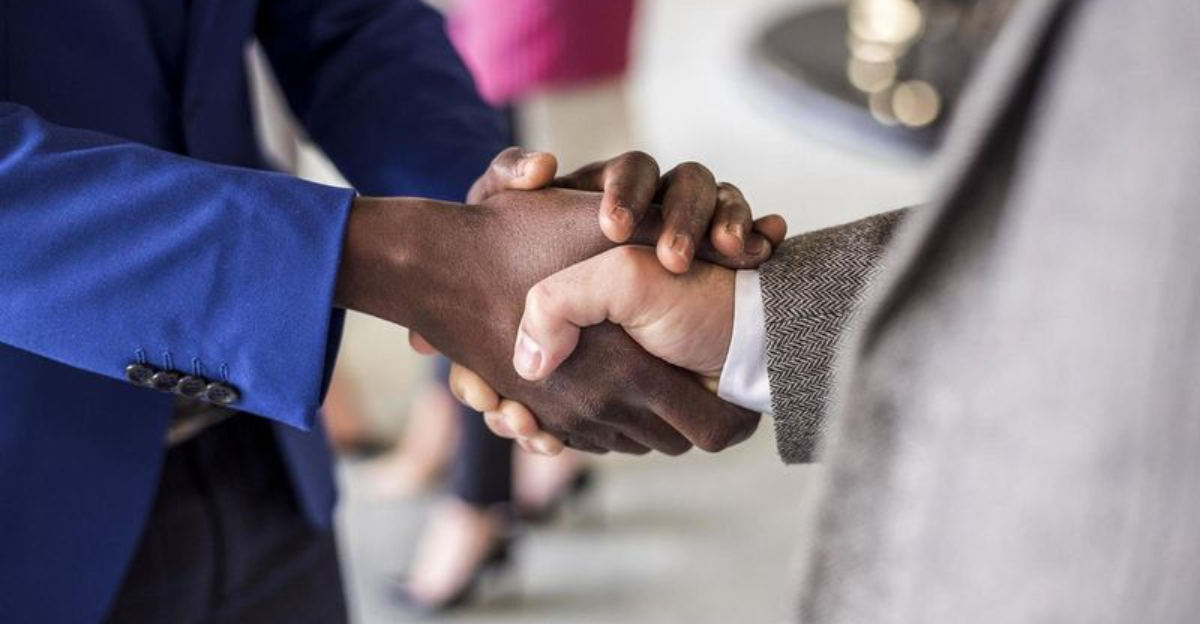13 British Etiquette Rules Americans Need To Adopt
Think you’ve got good manners? Bless your heart. If you’ve ever marveled at the polished charm of a Brit navigating life like it’s “a Jane Austen novel meets a cheeky pub brawl”, you’re about to get schooled — in the best possible way.
British etiquette isn’t just about sipping tea with a pinky out (please don’t actually do that). It’s a centuries-old art form that blends razor-sharp wit, quiet dignity, and the kind of subtle social gymnastics that would make an Olympic gymnast weep.
Prepare yourself: there will be queuing, there will be “sorry’s” even when you’re not remotely at fault, and there will absolutely be an unspoken war over who picks up the pub tab.
Buckle up, buttercup — it’s time to upgrade your manners and maybe, just maybe, your entire vibe.
1. The Art of Queuing
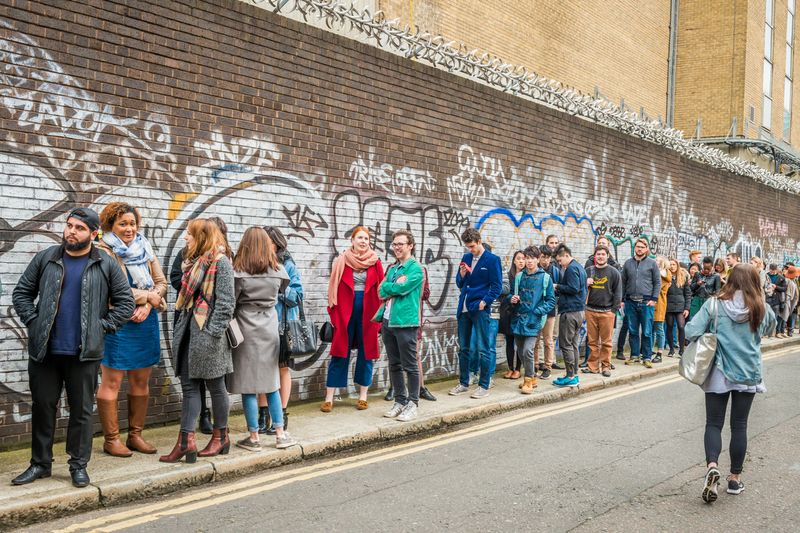
Ever been in a chaotic line, unsure of where to stand? Picture this: a serene line of strangers, each respecting the other’s space.
In Britain, queuing is a revered tradition that embodies fairness and order. It’s not just about waiting, oh, no. It’s a social agreement to honor personal space and time. Americans could benefit from adopting this practice. Less stress and confusion in crowded places.
Imagine a busy coffee shop where everyone calmly waits their turn. This turns mundane tasks into peaceful experiences. By adopting this, you can make life just a bit more pleasant for all.
2. Letting Others Go First

The British have turned politeness into an extreme sport — especially when it comes to traffic. Think of a narrow village lane where drivers and pedestrians perform an unspoken waltz of nods, waves, and saint-like patience.
Allowing others to go first is a small gesture that carries significant weight. It’s a quiet, almost sneaky way of saying, “I see you. You matter.”
Steal this move, and suddenly even your most boring daily interactions start feeling like tiny acts of magic — little reminders that the world doesn’t have to be all elbows and ego.
3. Respecting Personal Space
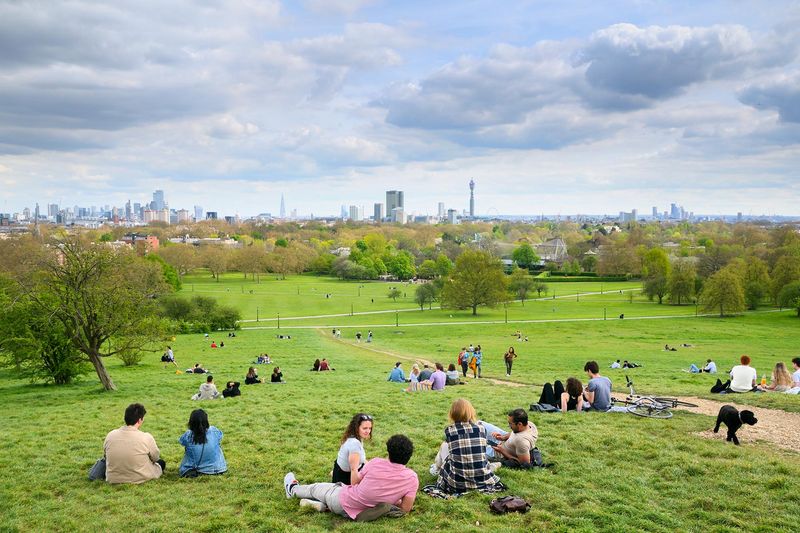
Personal space is a sacred concept in British culture. Honestly, it should be everywhere. A respectful distance fosters comfort and privacy. Imagine a street where people walk without bumping into each other and respect the invisible boundaries. I mean, talk about dream society.
By giving others room to breathe, we create an atmosphere of understanding. In crowded places, this respect for space leads to more thoughtful and considerate interactions.
It’s about acknowledging the individual and valuing their comfort. A simple yet profound way to show care.
4. Mastering the Apology

Saying “sorry” is an art form — a versatile word used to express empathy, politeness, and accountability. Can you see a pub where a gentle “sorry” diffuses tension? It turns potential conflicts into understanding moments.
By adopting the British way of apologizing, we create a culture of kindness. It’s about acknowledging our impact on others and taking responsibility, even in small ways. This practice can transform relationships and daily interactions.
It’s a gentle reminder that a simple word can change the way we connect with others.
5. The Subtlety of Small Talk
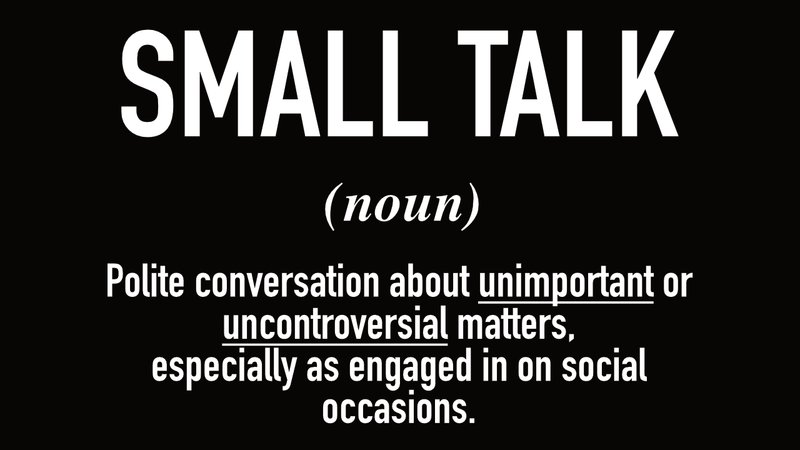
Small talk in Britain is not mere filler. It’s an artful dance of words that builds connections.
The British excel in this form of social interaction and use it to break the ice and establish rapport. For Americans, this can enhance social skills and open doors to meaningful connections. It’s about finding common ground that turns strangers into friends.
That way, we enrich our social lives. It builds a sense of belonging and community. Small talk is more than idle chatter, it’s a bridge to the true mind.
6. Dining Etiquette
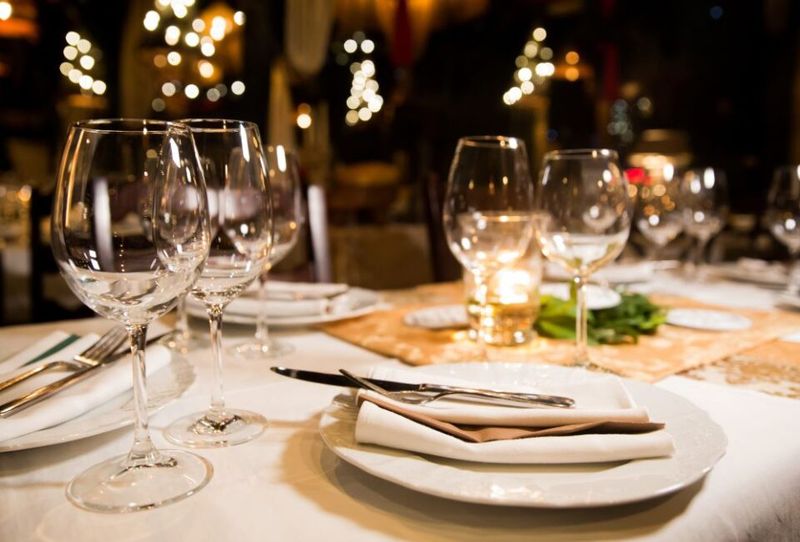
This is a lesson in mindfulness and respect, where meals become more than just sustenance. Dining is an experience steeped in tradition. Envision a dinner table where every detail reflects a commitment to courtesy.
Tap into these traditions and turn dinner from a rushed pit stop into a full-blown experience. It’s about actually tasting your food (wild, right?). Dive into real conversations and savor the people around you just as much as the meal.
Good dining etiquette isn’t just a set of dusty rules — it’s the secret sauce that transforms a basic Tuesday night dinner into something worth toasting. Bring a little British flair to your table and suddenly every meal feels less like a checkbox and more like a celebration.
7. Punctuality Matters

Time is a valued currency in Britain. Punctuality reflects respect and reliability. It’s a world where meetings start on time and appointments are honored without delay.
For Brits, this shows others that their time is valued. Americans can benefit from this practice. It brings efficiency in both professional and personal interactions.
It’s a small step that makes a big difference. This turns chaos into order and grows a culture of mutual respect. Being on time is more than a habit, it’s a commitment!
8. The Art of Thank You Notes
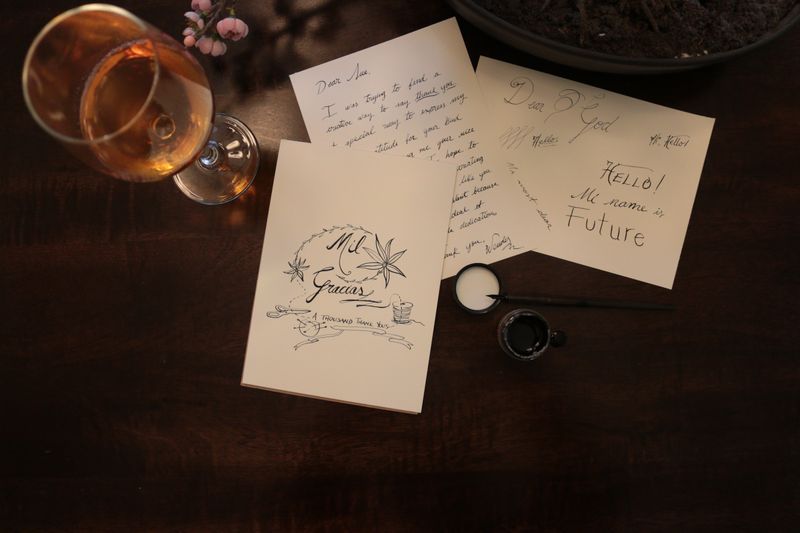
The handwritten “thank you” note is a cherished tradition. It’s a tangible expression of gratitude and thoughtfulness. Can you see yourself receiving a beautifully penned note?
This practice revives the lost art of personal connection. It’s about taking the time to express gratitude in a meaningful way, beyond digital messages. This simple gesture strengthens relationships and makes people feel valued.
We can cultivate a culture of gratitude and kindness, this way. And turn ordinary interactions into opportunities for appreciation. It’s a gentle reminder of the power of words.
9. Listening with Intent

Listening isn’t just about nodding while mentally planning your grocery list — it’s a full-on art form. Brits treat listening like a secret handshake. It’s how you show respect, intelligence, and a bit of soul.
Slow down and listen with real intent: a total game-changer. It’s about giving someone your full attention. Don’t reach for your phone or finish their sentences.
When you listen like you mean it, conversations stop being background noise and start becoming powerful, human moments. The kind that builds trust, spark empathy, and make people feel truly seen. And honestly? That’s where the magic happens.
10. The Gift of Silence
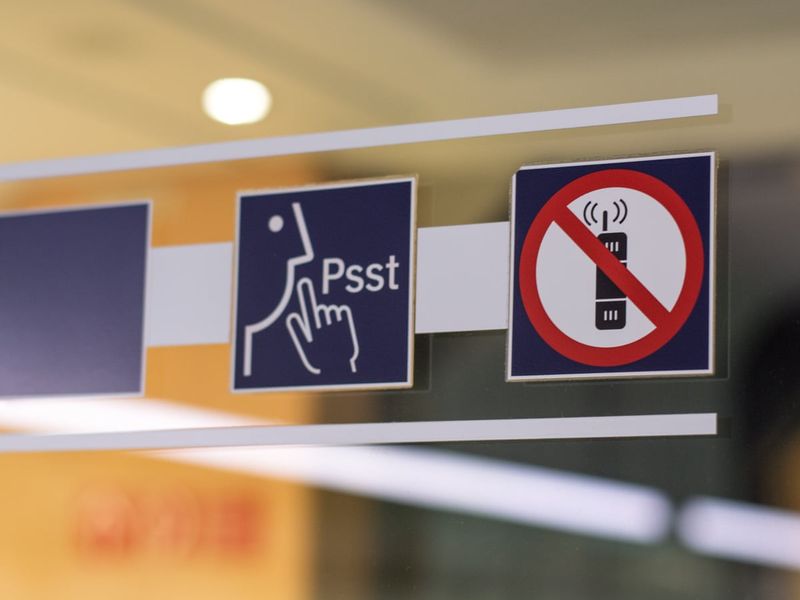
Silence isn’t awkward for Brits — it’s a national treasure. Absolutely no one feels the need to fill the air with nervous small talk about the weather. A well-timed pause isn’t a conversational failure, it’s an art form. It’s a chance to reflect, breathe, and silently judge one’s life choices.
Americans, who often treat silence like a house fire that must be immediately extinguished with words, might find this practice strangely liberating. Embracing silence can work wonders for your mental balance. It offers a rare moment when your brain isn’t doing cartwheels trying to keep up the chatter.
It’s about getting cozy with stillness, letting your thoughts marinate a bit before blurting out whatever’s on your mind. In a world obsessed with noise, the British remind us: sometimes the most profound thing you can say… is absolutely nothing.
11. Expressing Gratitude

In Britain, gratitude is less about grand gestures and more about well-timed “cheers” or a subtle nod — anything more emotional would simply be unseemly. Picture a pub where heartfelt thanks are delivered with all the emotional display of ordering a sandwich, and yet somehow mean ten times more.
They know that gratitude — when done properly — isn’t about fireworks or public declarations. It’s about quietly acknowledging that someone did something decent without embarrassing anyone in the process. For Americans, who often confuse volume with sincerity, adopting this cooler, quieter approach could be life-changing.
At its best, gratitude isn’t loud, dramatic, or hashtagged. It’s the simple, dignified act of noticing — and appreciating — the good. It doesn’t need to turn into a group therapy session.
12. Dress with Intention
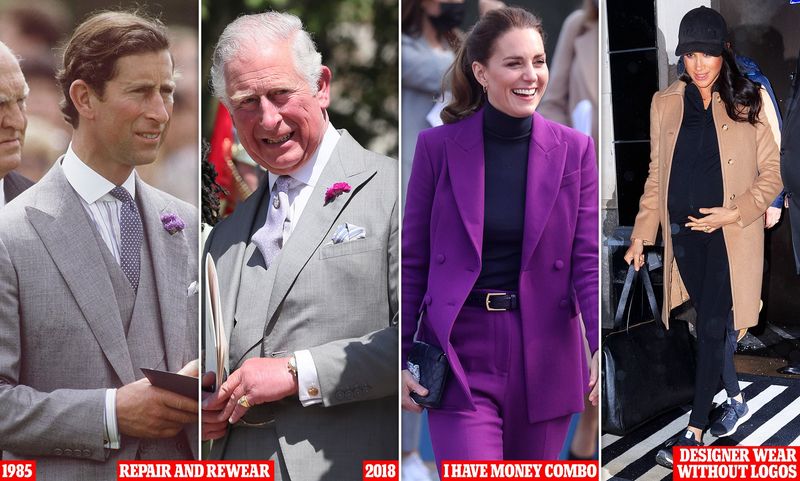
Dressing well is seen as a sign of respect for oneself and others. Imagine strolling down a London street, where even casual attire seems thoughtfully curated. Because it is! Show up prepared, whether for a casual outing or a formal event.
The right wardrobe staples aren’t just clothing, they’re a public service announcement. A well-chosen outfit quietly tells the world you’ve got your act together. And you don’t have to utter a single word.
A sharp outfit doesn’t just elevate your look, it subtly demands a little more respect and attention. It’s the ultimate form of non-verbal communication. It says: “I care, I noticed the occasion, and no, I didn’t just roll out of bed and hope for the best.”
13. The Art of Dry Wit

Now, this is something that’s very hard to adopt. It’s uniquely British. Their famously understated humor that relies on dry wit and subtlety. It’s a humor that invites listeners to think and engage.
This style of humor involves clever wordplay and a touch of irony. This makes conversations both entertaining and intellectually stimulating. It’s less about the punchline and more about the shared moments.
This type of humor is for those who enjoy their comedy like their whiskey: neat, rare, and slightly dangerous. Because, if you have to explain the joke, it was never for them anyway.

